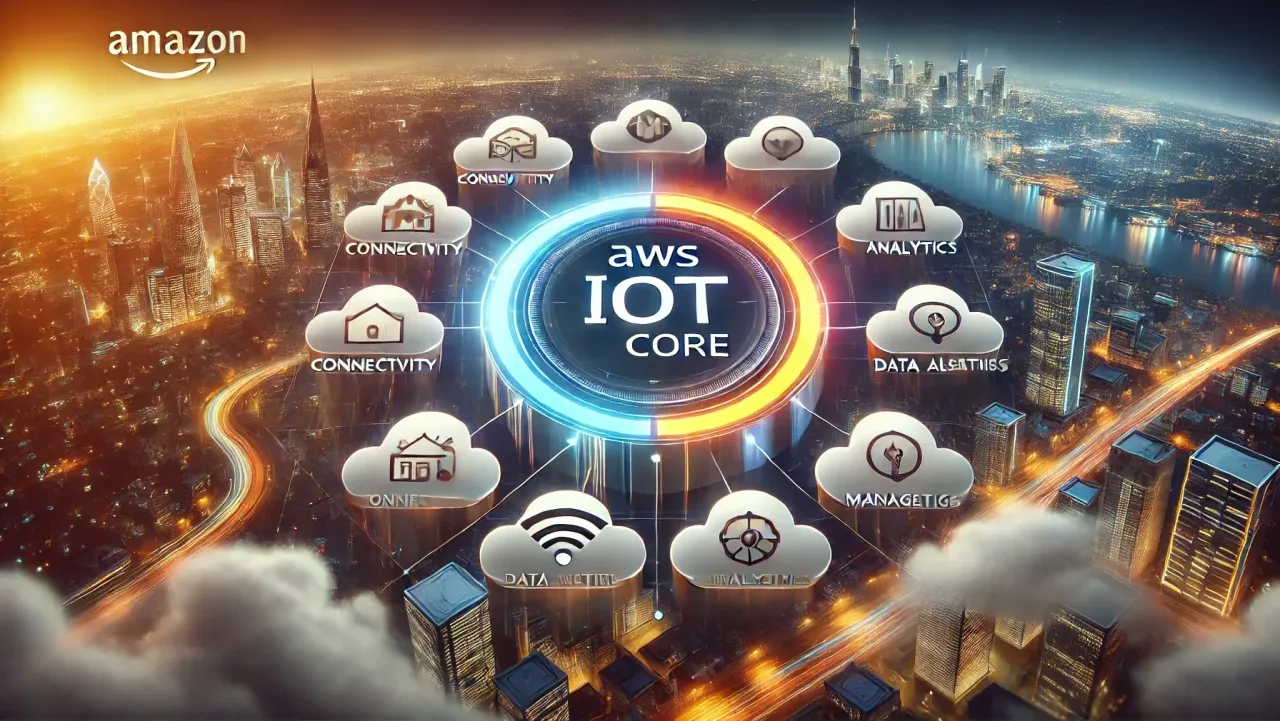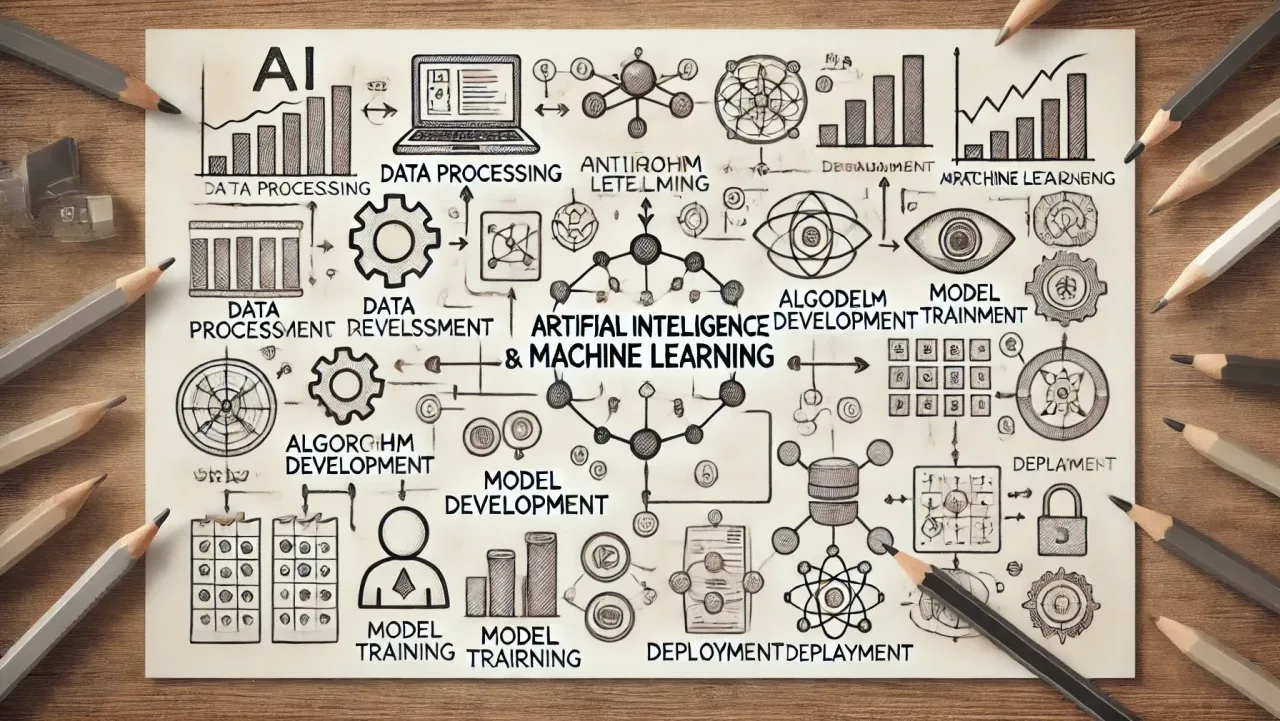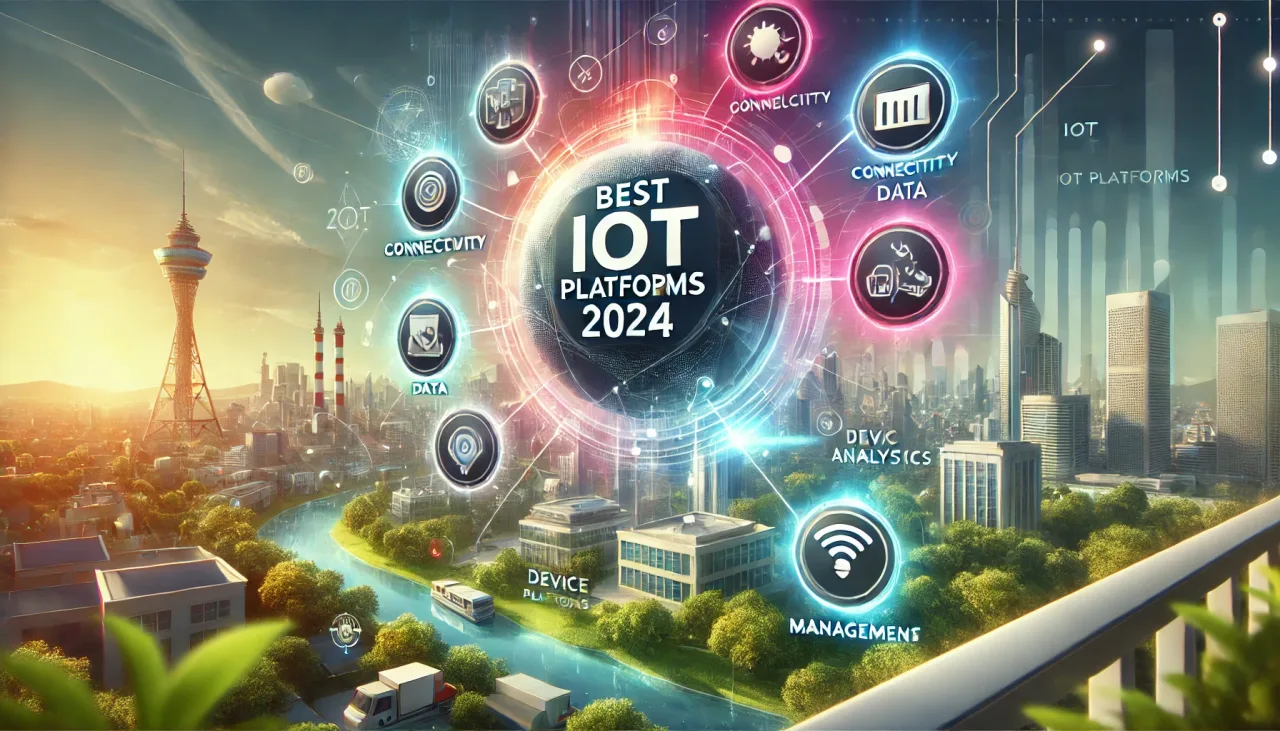In this Article
Introduction to best IoT Platforms in 2024
The Internet of Things (IoT) is transforming business operations across various sectors, driving innovation and improving efficiency. The success of these IoT deployments largely depends on robust and scalable IoT platforms. This article explores the best IoT platforms 2024, highlighting their key features, benefits, and use cases to help businesses make informed decisions. By leveraging these platforms, companies can enhance data analytics and gain actionable insights. They also offer improved connectivity, enabling seamless communication between devices. Furthermore, these platforms support real-time monitoring, which is essential for timely decision-making. Investing in the right IoT platform can significantly boost productivity and competitive advantage.
What are IoT Platforms?
IoT platforms are comprehensive solutions that provide the necessary infrastructure and tools to manage IoT devices, data, and applications. These platforms enable businesses to connect, manage, and analyze IoT devices, facilitating seamless communication and data flow.
Key Features of IoT Platforms
Scalability
Scalability is crucial for IoT platforms to support the growing number of devices and data volumes.
- Elastic Infrastructure: Adaptable to changing workloads without performance issues.
- Resource Management: Efficient allocation of resources for large-scale deployments.
- Future-Proof: Compatible with upcoming technologies and standards.
Advanced Analytics
Robust analytics tools help derive actionable insights from the vast amounts of data generated by IoT devices.
- Real-Time Analytics: Immediate data processing for quick decision-making.
- Predictive Analytics: Machine learning algorithms to predict future trends and behaviors.
- Data Visualization: Intuitive dashboards and visualization tools for easy data interpretation.
Robust Security
Security is paramount for protecting data and devices from cyber threats.
- Data Encryption: Ensures data security during transmission and storage.
- Access Control: Stringent authentication and authorization mechanisms.
- Compliance: Adherence to industry standards and regulatory requirements.
Connectivity
Reliable connectivity options are essential for managing diverse IoT devices and networks.
- Multi-Protocol Support: Various communication protocols like MQTT, CoAP, and HTTP.
- Edge Computing: Processes data closer to the source to reduce latency.
- Cloud Integration: Seamless integration with cloud services for extended capabilities.
Top 5 Best IoT Platforms for 2024
1. AWS IoT Core

Ai Image by Dall-E
Overview: AWS IoT Core is a managed cloud platform that allows connected devices to interact with cloud applications and other devices securely and at scale.
Key Features:
- Device Management: Comprehensive tools for onboarding, organizing, monitoring, and managing IoT devices.
- Secure Communication: Secure data transmission with TLS and mutual authentication.
- Real-Time Data Processing: Provides real-time analytics through AWS IoT Analytics.
Use Cases:
- Smart Manufacturing: Enhancing production efficiency and reducing downtime.
- Healthcare: Facilitating remote patient monitoring and telehealth services.
- Logistics: Improving supply chain visibility and efficiency.
AWS IoT Core stands out for its comprehensive set of tools that ensure secure and scalable IoT device management. The platform supports billions of devices and trillions of messages, making it ideal for large-scale IoT deployments. By leveraging AWS IoT Core, businesses can streamline operations, improve efficiency, and gain valuable insights through real-time data analysis.
2. Microsoft Azure IoT Hub
Overview: Microsoft Azure IoT Hub supports bi-directional communication between IoT applications and the devices they manage.
Key Features:
- Device Provisioning: Simplifies the secure connection and configuration of devices.
- Edge Computing: Allows data processing at the edge to reduce latency.
- Integration: Seamlessly integrates with Azure Machine Learning, Azure Functions, and Azure Stream Analytics.
Use Cases:
- Smart Cities: Traffic management, waste management, and energy monitoring.
- Retail: Enhancing customer experiences with smart shelves and personalized offers.
- Energy Management: Optimizing energy consumption and distribution in smart grids.
Microsoft Azure IoT Hub offers extensive security features and integration capabilities, making it a versatile platform for various IoT applications. Its edge computing capabilities reduce latency and bandwidth usage, ensuring efficient data processing and real-time analytics. Businesses can benefit from Azure IoT Hub’s robust infrastructure and seamless integration with other Azure services.
3. Google Cloud IoT Core
Overview: Google Cloud IoT Core is a fully managed service that enables you to connect, manage, and ingest data from globally dispersed devices.
Key Features:
- Device Management: Supports large-scale deployment and management.
- Real-Time Data Analysis: Integrates with Google Cloud Pub/Sub, Dataflow, and BigQuery.
- Security: Ensures secure communication and device management with mutual authentication.
Use Cases:
- Agriculture: Precision farming techniques for optimized crop yields.
- Healthcare: Enhancing patient care with remote monitoring and health data analytics.
- Manufacturing: Streamlining processes through predictive maintenance.
Google Cloud IoT Core excels in providing scalable and secure device management solutions. Its integration with Google’s powerful data analytics tools enables businesses to gain deep insights and make data-driven decisions. The platform’s real-time data analysis capabilities are particularly beneficial for industries that rely on immediate data processing and actionable insights.
4. IBM Watson IoT Platform
Overview: IBM Watson IoT Platform offers powerful capabilities for device management, data collection, and real-time analytics, leveraging IBM’s cognitive computing technologies.
Key Features:
- AI and Machine Learning: Provides AI-driven insights and automation.
- Device Connectivity: Supports a wide range of communication protocols.
- Advanced Analytics: Offers real-time analytics and visualization tools.
Use Cases:
- Industrial Automation: Enhancing production processes with predictive maintenance.
- Energy Management: Optimizing energy usage in smart grids and buildings.
- Transportation: Improving fleet management with real-time tracking and route optimization.
IBM Watson IoT Platform integrates cognitive computing and advanced analytics to provide robust IoT solutions. Its AI and machine learning capabilities enable predictive maintenance and real-time decision-making, driving efficiency and reducing operational costs. The platform’s versatility and scalability make it suitable for a wide range of industries.
5. Minnovation IoT Platform
Overview: Minnovation provides comprehensive IoT solutions tailored to meet the unique needs of businesses, ensuring seamless integration, robust security, and enhanced performance.
Key Features:
- Custom Solutions: Offers tailored IoT solutions to fit specific business requirements.
- Robust Security: Advanced security features protect data and devices.
- Scalable Architecture: Supports scalable deployments for growing IoT networks.
Use Cases:
- Smart Cities: Implementing smart lighting, waste management, and traffic control solutions.
- Industrial IoT: Enhancing operations through predictive maintenance and remote monitoring.
- Healthcare: Providing advanced healthcare solutions through connected medical devices and remote monitoring.
Minnovation IoT Platform stands out for its customizability and robust security features. The platform supports scalable deployments, making it ideal for businesses looking to expand their IoT networks. By leveraging Minnovation’s tailored solutions, businesses can optimize their operations and improve overall efficiency.
Challenges in Implementing IoT Platforms
Implementing IoT platforms involves addressing several challenges to ensure successful deployment and operation.
Integration Complexity
Integrating IoT platforms with existing systems can be complex.
- Compatibility Issues: Ensuring compatibility between various devices and platforms.
- System Integration: Seamless integration with existing enterprise systems.
- Technical Expertise: Availability of skilled personnel to manage and maintain the integration.
Data Privacy and Security
Protecting sensitive data and ensuring the security of IoT devices is a critical concern.
- Encryption Standards: Implementing strong encryption for data protection.
- Access Control: Strict authentication and authorization mechanisms.
- Regulatory Compliance: Adhering to data privacy regulations and industry standards.
Scalability and Flexibility
Ensuring the platform can scale and adapt to changing business needs is essential.
- Elastic Infrastructure: Supporting varying workloads without performance degradation.
- Modular Architecture: Easy addition of new devices and services.
- Cloud Integration: Leveraging cloud resources for scalable deployments.
Future Trends in IoT Platforms
As IoT technology evolves, IoT platforms are expected to incorporate new trends and advancements to stay competitive and innovative.
5G Connectivity
The rollout of 5G networks will enhance the capabilities of IoT platforms, offering higher bandwidth and lower latency for real-time applications.
- High-Speed Data Transfer: Faster data transfer rates for improved performance.
- Low Latency: Reduced latency for critical applications.
- Increased Capacity: Support for more connected devices and higher data volumes.
Artificial Intelligence and Machine Learning

Ai Image by Dall-E
Integrating AI and machine learning with IoT platforms will provide powerful tools for data analysis and decision-making.
- Predictive Analytics: Using AI to predict and mitigate potential issues.
- Automated Decision-Making: AI-driven automation for enhanced efficiency.
- Enhanced Insights: Deeper insights from advanced data analysis.
Edge Computing
Edge computing will play a significant role in enhancing the performance and efficiency of IoT platforms by processing data closer to the source.
- Reduced Latency: Faster data processing and response times.
- Improved Efficiency: Reduced bandwidth usage and lower data transfer costs.
- Enhanced Security: Keeping sensitive data closer to the source for better security.
Conclusion
Choosing the right IoT platform is crucial for the success of IoT deployments. Each of the Best IoT Platforms 2024 listed above offers unique features and capabilities that cater to different industries and use cases. By understanding the strengths and applications of these platforms, businesses can make informed decisions to drive innovation and achieve their IoT objectives. Additionally, the right platform can enhance scalability, ensuring your IoT system grows with your business needs. It can also improve security, protecting sensitive data and maintaining system integrity. Furthermore, seamless integration with existing IT infrastructure can minimize disruptions and optimize performance. Choosing wisely can pave the way for long-term success and efficiency.
How We Can Help
At Minnovation, we specialize in providing comprehensive IoT solutions tailored to meet the unique needs of your business. Our expertise in various IoT platforms ensures seamless integration, robust security, and enhanced performance. We offer consultation, development, and management services to help you harness the full potential of IoT technology. Whether you are looking to implement a new IoT system or optimize your existing infrastructure, our team is here to support you every step of the way. Additionally, we focus on the best IoT platforms 2024 to ensure your business stays ahead of the curve. Contact us to learn more about how we can help you transform your business with cutting-edge IoT solutions.
Reference
Related Blog Posts
How Smart Cities Connect: Getting Started with Edge AI and IoT Technology
How to Get Started with Edge AI and IoT Technologies in Smart Cities: Overcoming Integration Challenges In recent years, the concept of smart cities has evolved from a futuristic Read More
5 Step Strategy: Ensuring Security and Privacy in 15-Minute Smart Cities
Introduction Ensuring security and privacy in 15-minute smart cities is a critical challenge as urban areas become increasingly connected through IoT and edge AI technologies. These cities aim to Read More
What is a smart city and the challenge of legacy systems
How to Get Started with Integrating Legacy Systems in Smart Cities Smart cities are transforming urban landscapes by leveraging technology to improve the quality of life for residents. However, Read More




